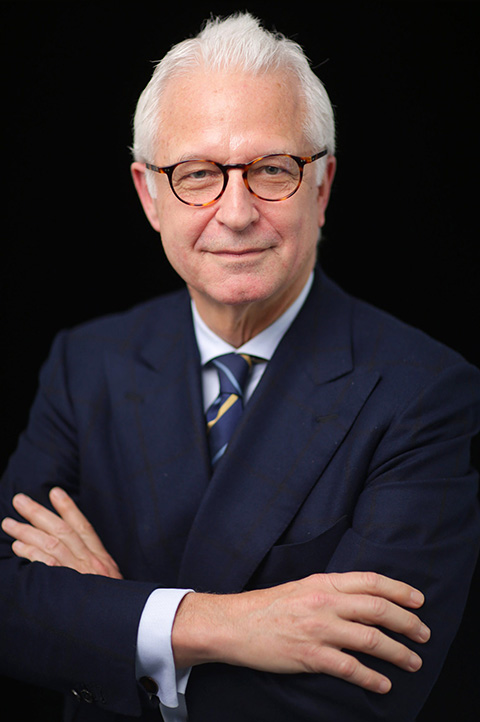
I recently received an effusive thank you note from a woman I’ve never met, and whose surgery I did not perform. She lives on the other side of the country, and she had been in terrible pain for a year from a condition called glossopharyngeal neuralgia. As the name suggests, this condition causes pain in the throat, tongue, and ear. It’s often caused by a compression of the glossopharyngeal nerve, which transmits information between these structures and the brain. It’s similar to other conditions of the craniofacial nerves, including trigeminal neuralgia. If you’ve never experienced nerve pain, count your blessings, because it can be excruciating.
Like other craniofacial nerve conditions, glossopharyngeal neuralgia may be treated with medication in some instances. But if the nerve is being compressed by a blood vessel, the best treatment is a surgical procedure called microvascular decompression (MVD). In an MVD procedure, a neurosurgeon with advanced skills in cerebrovascular surgery lifts the blood vessel off the nerve, relieving the pressure and the pain. The patient who wrote to me had this surgery at the University of California at San Diego, and her joyful note told me that she’d been pain free for the two months since the procedure.
So why was she thanking me? The answer involves the small community of American neurosurgeons – fewer than 4,000 in the United States, many of whom know one another — and the way we often work behind the scenes to help patients. In this case, a friend of a friend of the patient happens to be a friend of mine, and when I heard about her painful condition I put her in touch with my good friend and colleague at UCSD, Dr. Alex Khalessi. Like me, Dr. Khalessi has expertise in cerebrovascular conditions, and I was confident he’d be able to help this patient. After determining that her pain was indeed being caused by a blood vessel compressing the nerve, Dr. Khalessi performed the surgery, with excellent results.
Reading the happy note brought me a great deal of satisfaction — it’s a gratifying part of a neurosurgeon’s life to be able to make a connection like this. There just aren’t that many neurosurgeons with the specialized expertise needed for certain conditions, and our complicated health care system doesn’t always make it easy to find the right one. I would have been happy to do this surgery myself, and I often do treat out-of-state (or even out-of-country) patients. But not every patient has the means to fly across the country to see me, and even those who do would have travel challenges in this pandemic year. So I take satisfaction in knowing that I connected a patient in pain with the expert who could help her.
These are the words that resonated with me: “I just wanted to reiterate how lucky I feel …. The pain that for well over a year had ruined my life, my career, and my spirit, has not returned…. I wanted to make sure you knew I consider you an integral part of the closest thing to a miracle I’ve ever experienced.”
I have spent 30 years truly humbled by having the ability to improve a patient’s quality of life with my hands. I am equally honored and humbled by having the connections that enable these miracles from afar, and I look forward to returning the favor when other neurosurgeons call on me to help a patient.
More about Facial Pain conditions | More about Dr. Stieg